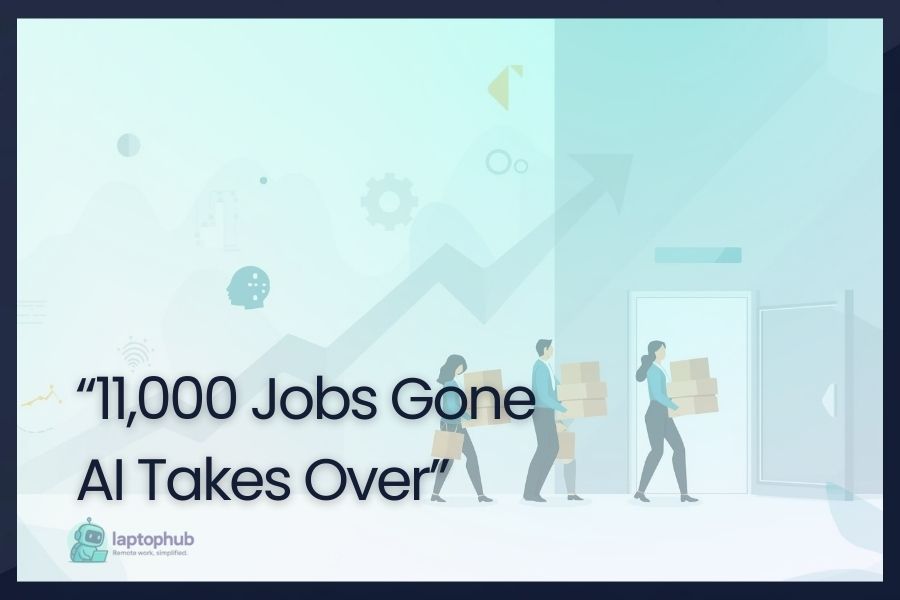
Accenture lays off 11,000 employees in a global restructuring, shifting focus to AI, cloud, and data roles while investing in workforce upskilling.

Accenture lays off 11,000 employees in a global restructuring, shifting focus to AI, cloud, and data roles while investing in workforce upskilling.
The rapid advancement of artificial intelligence is significantly altering the white-collar job landscape, leading to reduced hiring in remote and freelance roles. Companies are increasingly integrating AI into their operations, affecting employment patterns across various sectors.
Fiverr CEO Micha Kaufman says the platform will now prioritize hiring freelancers who demonstrate proficiency in AI tools. The move signals a new baseline for competitiveness in the freelance economy.
Swedish fintech giant Klarna is trialing a new freelance-based customer service model, allowing remote workers to set their own schedules and earn approximately $41 per hour. This complements the company’s expanding AI infrastructure, which now handles tasks equivalent to 800 full-time roles.
Governor Gavin Newsom raises concerns over California’s proposed regulations on AI and remote work tools, warning they could stifle innovation and impose heavy costs on the state’s booming tech sector.
AI is changing the way remote teams communicate, collaborate, and grow. But while it can supercharge productivity, it also brings risks—like job displacement, ethical concerns, and a growing reliance on tech. This article dives into the key pros and cons of using AI in remote work and offers smart strategies for finding balance.
Discover how AI for Remote Work is transforming productivity, communication, and time management—one smart tool at a time.